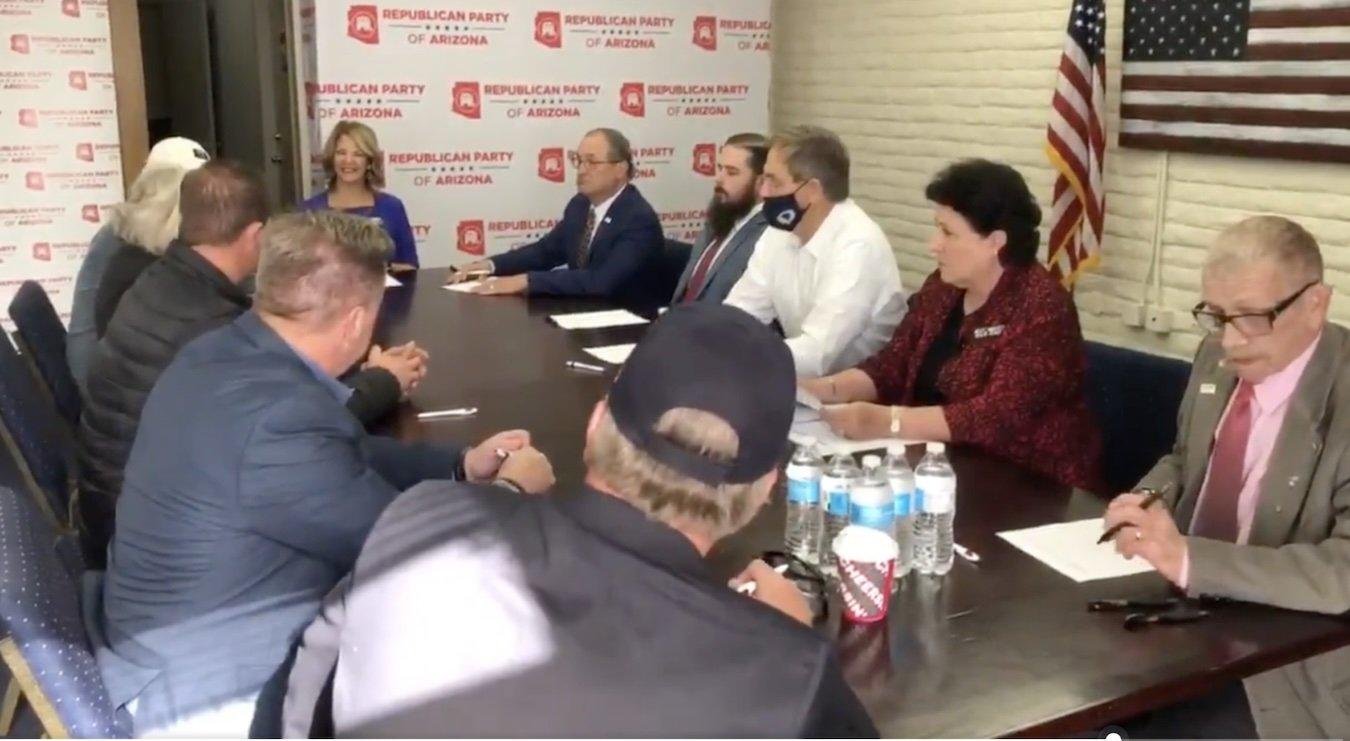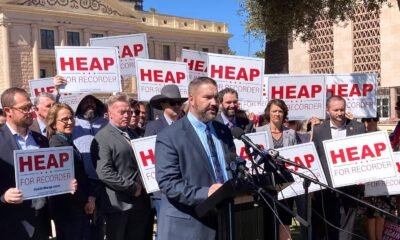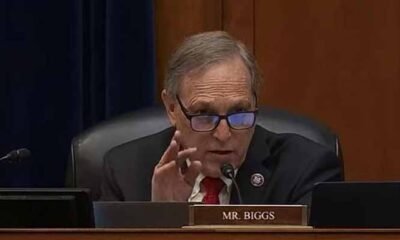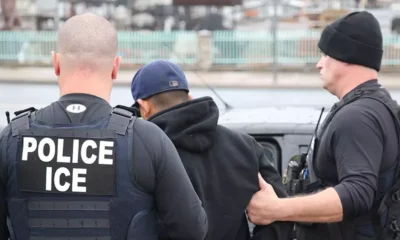arizona
Arizona ‘Fake Electors’ Case Faces Reboot After Prosecutor’s Blunder

After two years of contentious legal battles, the state prosecutors’ case against Arizona Republicans for allegedly interfering with the 2020 presidential election has hit a significant roadblock. A Maricopa County Judge, Sam Myers, has ordered that the case be presented anew to a different grand jury, citing an error in the presentation of legal guidelines.
The prosecution claimed that the group, often referred to as “fake electors,” misled the public by submitting a slate of Republican electoral votes to Congress despite Joe Biden’s victory. The defendants argue that they acted under a century-old law that allegedly permits such actions in disputed elections, asserting their intent was merely a precaution.
Myers emphasized the prosecution’s responsibility to inform the grand jury about all relevant laws, specifically pointing out the omission of the Electoral Count Act of 1887. This act permits states to submit multiple slates of votes during contested elections, with historical precedents in previous election disputes.
The defendants, consisting of political figures aligned with former President Trump, followed instructions from key advisors like Rudy Giuliani and John Eastman, claiming their actions were justifiable under the law. However, critics argue that the submitted documents did not indicate their status as alternates.
The state contended that the absence of the Electoral Count Act in their presentation was irrelevant since there were no direct violations charged. Nonetheless, Judge Myers disagreed, stating that the lack of legal context denied the defendants a crucial procedural right.
Richie Taylor, speaking for the attorney general’s office, confirmed plans to appeal the ruling, characterizing it as a setback for the state’s efforts to address election fraud. With the political landscape shifting in favor of Republicans, the future of this case remains uncertain.
As the defendants regroup, the prosecution must now navigate further legal complexities before any potential trial.


















